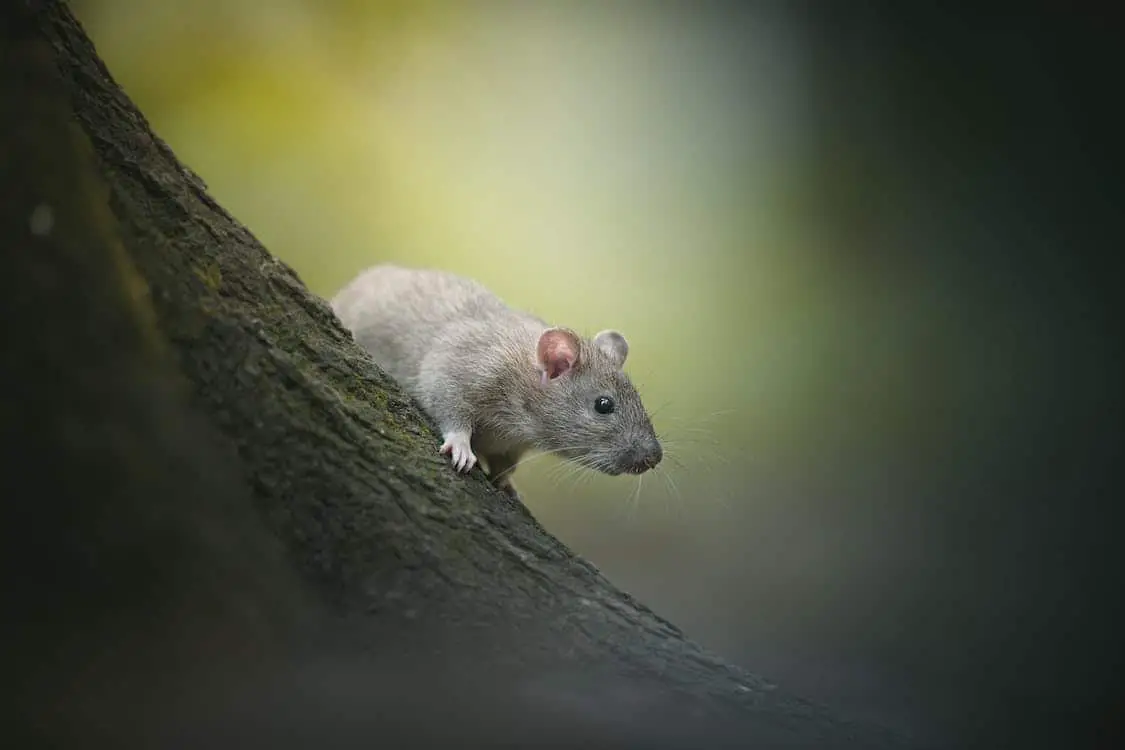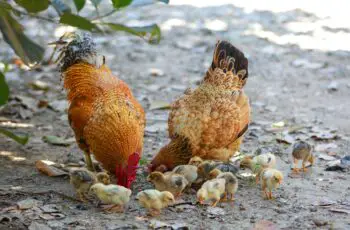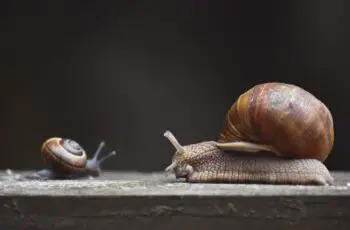Gardening can be a fulfilling activity, but it can also attract unwanted pests such as rats. If you want to avoid these pesky creatures from entering your garden, you may want to reconsider planting certain vegetation types. In this comprehensive guide, we explore the plants that rats are most attracted to and provide tips on how to keep them away.
Understanding Rat Behavior:
Before identifying the plants that attract rats, it is essential to understand their behavior. Rats are omnivores that prefer food rich in carbohydrates and proteins. Although they can feed on a variety of things, rats are more attracted to specific plants that provide them with both food and shelter.
- Also Searched for: Can Birds Fly Without Tail Feathers?
- Also Searched For: 6 Benefits of Watching Wild Squirrels
Here are some plants to avoid if you want to keep rats away from your garden.
Fruit Trees and Shrubs:
Growing fruit trees and shrubs in your garden can create a haven for rats. Berries like strawberries, blueberries, and raspberries are a rat’s sweet delight. If you plan on growing them, you should take measures to rat-proof such as using secure netting to keep them away.
Fruit trees, including apples, pears, cherries, and tropical fruits, can be equally irresistible to rats. It’s essential to conduct regular maintenance and inspection to remove fallen fruits and eliminate this food source.
Nuts trees:
Nut trees, such as walnuts and almonds, are like nature’s pantries for rats. These nuts are a preferred choice for rodents because they are high in protein and fat content. Therefore, if you have such trees in your garden, it’s crucial to carefully collect fallen nuts to deter rats from using them as a food source.
Vegetables and Root Plants
- Vegetables and root plants can be a rat’s gourmet delight. In ordet to keeps rats away you have to avoid some plants.
- Tomatoes, with their red and juicy flesh, are not only a favorite for humans but also for rats, especially when they are ripe. Sweet corn is another delicacy for rats, as the tall stalks provide excellent cover, protecting them from predators.
- Root vegetables, such as carrots, potatoes, and turnips, are also on the rats’ menu. They can sniff these out and often dig and feed on them, leaving behind a garden full of holes.
- Related: Fight Back! How To Keep Squirrels Out Of Potted Plants?
Ornamental and Miscellaneous Plants
Ornamental and miscellaneous plants can sometimes become a problem if you want to keep rodents away. For instance, sunflowers can add beauty to gardens, but their mature seeds are a gourmet treat for rats. During festive, pumpkins and squash can also become a feast for rats. If you’re growing ornamental grains or actual cereals, such as wheat, barley, or millet, it’s essential to be cautious as they can attract rats.
Plants Providing Shelter
Certain plants that provide shelter, such as dense shrubs and ground covers like ivies and junipers, may not be a direct food source for rats but can offer them protection and nesting spots. Regular pruning and thinning of these plants can help reduce these safe havens and discourage rats from making them their home.

which plants should i avoid to keep rats away?
Best Practices & Solutions to Avoid to keep Rats Away
When you’ve spent time, effort, and resources nurturing a lush garden, the last thing you want to share is with unwelcome pests, especially rodents. Rats and mice not only pose a health risk but can also damage plants, munch on produce, and ruin the serene beauty of your outdoor space. To ensure a rodent-free garden, here are some best practices and solutions to consider:
Regularly Garden Maintenance:
- Regular garden maintenance is crucial in keeping rodents away from your garden. Here are some tips to keep your garden neat:
- Fallen Fruits and Nuts: Regularly inspect your garden and remove any fallen fruits or nuts, which can serve as a food source for rats.
- Trim and Prune: Dense foliage, mainly ground covers like ivy, can offer hiding and nesting spots for rodents. Regular trimming keeps the garden tidy and reduces such hiding spots. By keeping your garden clean and well-maintained, you can reduce the attractiveness of your garden to rodents.
Compose Management:
Effective compost management is essential in preventing rats from being attracted to your garden.
- Turn Regularly: Ensure your compost is turned frequently, making it less appealing for rats who dislike disturbance.
- Secure Composting: Compost bins with tight-fitting lids and fine mesh at the base to prevent rodent entry.
- Avoid Meat and Dairy: These items can be particularly appealing to rats. Stick to plant-based waste for your compost. By managing your compost correctly, you can reduce the attractiveness of your garden to rodents.
Natural Deterrents:
Natural deterrents can be an effective way to keep rodents away from your
garden. Here are some tips:
Plant Repellents: Certain plants, such as mint, lavender, and marigolds, have repelled rats naturally. Incorporating them into your garden can serve a dual purpose – beauty and deterrence.
Essential Oils: You can sprinkle oils like peppermint, eucalyptus, or citronella around your garden. Their strong scents can deter rodents. By using natural deterrents, you can keep your garden free of rodents without using harmful chemicals.
Physical Barriers:
Physical barriers can be an effective way to prevent rodents from accessing your garden. Here are some tips to consider:
- Raised Garden Beds: These can prevent rats from accessing your plants, especially if combined with a wire mesh at the bottom.
- Wire Mesh and Netting: Place these around vulnerable plants or areas of your garden. Ensure the gaps are small enough to prevent entry.
- Seal Entry Points: If you have a shed or garden storage, make sure to seal all potential entry points. By using physical barriers, you can create an environment that is difficult for rodents to navigate, making it less attractive.
Water and Food Sources:
Eliminating water and food sources can be an effective way to prevent rodents from being attracted to your garden.
Secure Trash Bins: Ensure your garbage bins have tight-fitting lids and are preferably rodent-proof.
Standing Water: Eliminate any standing water or fix leaky faucets – rodents need water too! By eliminating tempting water and food sources, you can create an environment that is less attractive to rodents, reducing the likelihood of them being attracted to your garden.
Natural Predators: Natural predators can be an effective and eco-friendly way to control rodent populations in your garden.
Encourage Birds: Birds, especially raptors, can be natural predators for smaller rodents. Bird feeders and baths can attract these beneficial creatures.
Consider a Cat: While not a solution for everyone, cats can be a natural and effective deterrent against rodents. By using natural predators, you can control rodent populations in your garden without using harmful chemicals or traps.
Professional Help:
If you have a severe rodent problem in your garden and the above solutions are not working, it might be time to call the experts. A professional can offer specialized solutions tailored to your garden’s needs, ensuring that your garden is free of rodents and healthy for your plants. Consider consulting with a pest control company if necessary.
In conclusion:
A rodent-free garden is essential to ensure that your hard work and resources are not shared with unwelcome pests. It’s not just about the aesthetics or health risks; it’s about ensuring that you enjoy the fruits of your labor and not the rodents. With a combination of best practices, preventive measures, and timely interventions, you can keep your garden a serene, rodent-free oasis. By implementing the tips and solutions in this guide, you can maintain a healthy and beautiful garden and enjoy the benefits of your hard work without worrying about rodents.


